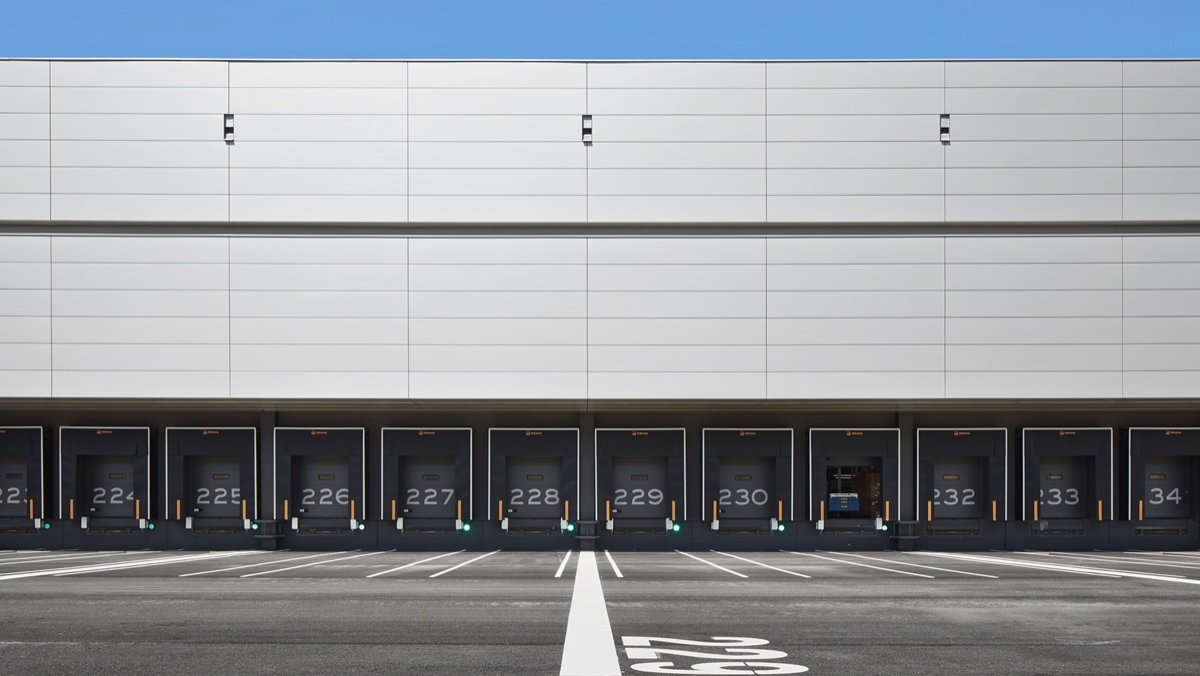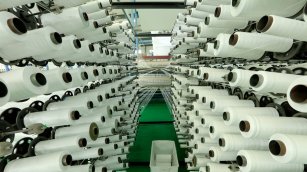Mango Cuts Nearshoring to 36%, Total Garment Output Up 7%
The Spanish fashion company worked in 2024 with a total network of 2,676 factories, of which 966 were located in close proximity. China is the company’s main supplier, accounting for 36.85% of its sourcing.


Mango moves away from sourcing. The Spanish fashion company, which in 2024 worked with a network of 2,676 factories around the world, has closed the year reducing the weight of local production in its value chain. While China, the company’s main supplier, or India and Bangladesh have gained weight in the company’s sourcing map, other countries such as Turkey or Portugal have registered a fall, according to the 2024 Sustainability Report that has just been published.
During the year, the company has also increased by 7% the total production of garments, which reached 172.8 million garments in 2024. Since 2019, moreover, before the outbreak of the pandemic, the company has increased by another 9.1% the volume of garments produced, which that year stood at 158.3 million items.
Of the total number of facilities with which the company worked in 2024, 63.9% are located in countries considered remote, which translates into 1,710 factories. In parallel, the plants in which the company produces nearby reached a total of 966 facilities in 2024, i.e. 36% of the total.
The figure represents a drop of just over four points compared to the previous year, when Mango’s nearby production accounted for 40.2% of the total. Although the company did increase the number of factories in proximity countries in 2023, from 1,172 factories to 1,204 factories, the weight of proximity over the total also fell sharply, from 48.8% the previous year.
Mango’s main sourcing market is China, which also leads the increase in the weight of its sourcing. Specifically, the company accumulated 36.85% of its sourcing in the Asian country, through a network of 986 factories, an increase of almost four points compared to 2023.
Along with the Asian giant, the company also increased its sourcing from other traditional markets in remote areas, such as India, which stands as Mango’s third largest sourcing market, with 11.4% of the total, which translates into 305 factories. On the other hand, Bangladesh is positioned as the company’s fourth largest supplier, with a weight of 6.95%, and Vietnam accounts for another 3.29%, almost three tenths more than the previous year.
In contrast to this greater concentration in Asian countries, Mango has reduced its production in Turkey in 2024, which has gone from 22.04% to 19.17% of the total number of factories. The territory is still the second largest supplier of the company, with a network of 513 factories throughout the territory.
Mango has reduced its network of suppliers, especially in Turkey and Spain.
The case of Portugal also stands out , which in 2024 has fallen from tenth to eleventh position. The Portuguese country accounted for 2.35% of the company’s sourcing last year, two tenths less than the previous year, while Pakistan, another distant country, has increased its weight to 2.62%.
In Spain, meanwhile, Mango worked last year with a network of 142 factories, 5.31% of the total, and ranking fifth on the company’s sourcing map. The country is, in fact, the other major market in which Mango has reduced its soucing, with more than a point difference compared to the previous year, when Spain accounted for 6.58% of the company’s total suppliers.

















